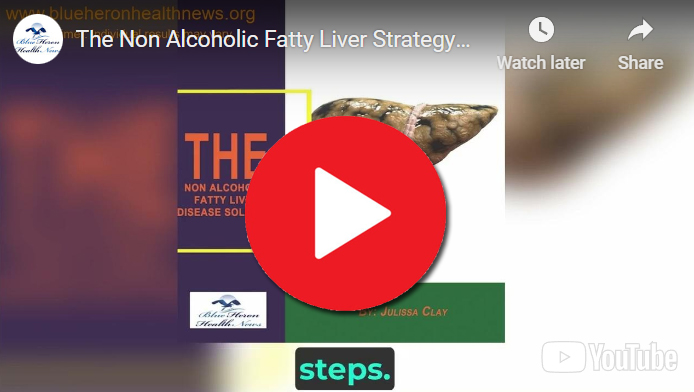
Fatty liver disease, also known as hepatic steatosis, is a condition characterized by the accumulation of fat in the liver. It can be caused by various factors, including obesity, high cholesterol, diabetes, excessive alcohol consumption, and certain medications. If left untreated, fatty liver disease can progress to more serious conditions like liver cirrhosis.
The treatment of fatty liver disease in India generally involves a combination of lifestyle modifications, dietary changes, and, in some cases, medication. Here are some common approaches used in the treatment of fatty liver disease:
- Lifestyle modifications: The primary focus of treatment is to address underlying causes and promote a healthy lifestyle. This includes:
- Weight loss: Losing weight through a combination of regular exercise and a balanced, calorie-controlled diet is often recommended, particularly for individuals who are overweight or obese. Gradual weight loss of about 1-2 pounds per week is generally considered safe and effective.
- Physical activity: Engaging in regular physical activity, such as brisk walking, jogging, or cycling, helps improve insulin sensitivity and aids in weight management.
- Dietary changes: A healthy diet plays a crucial role in managing fatty liver disease. Recommendations often include reducing overall calorie intake, limiting consumption of saturated and trans fats, and increasing the intake of fruits, vegetables, whole grains, and lean proteins. It’s also important to avoid or limit the consumption of sugary beverages and processed foods.
- Alcohol consumption: If alcohol is a contributing factor to fatty liver disease, complete abstinence or significant reduction in alcohol intake is essential for successful treatment.
- Medications: In certain cases, medications may be prescribed to manage underlying conditions or to improve liver health. These medications are usually prescribed by a healthcare professional and should be taken under their guidance.
- Management of underlying conditions: If fatty liver disease is associated with other health conditions like obesity, diabetes, or high cholesterol, managing these conditions effectively becomes a part of the treatment plan. This may involve medication, dietary changes, and regular monitoring of relevant health markers.
- Regular monitoring: Regular check-ups and monitoring of liver function tests and other relevant blood markers are important to assess the progress of the condition and make necessary adjustments to the treatment plan.
It’s worth noting that the treatment approach may vary depending on the severity of the disease and individual patient factors. It’s always best to consult with a healthcare professional, such as a gastroenterologist or hepatologist, who can provide personalized advice and guidance based on your specific situation.
See More on Video

The Non Alcoholic Fatty Liver Strategy™ By Julissa Clay The program provided in this eBook is very reasonable and realistic as it neither restricts your diet miserably so that you cannot stick to the changes in diet suggested in it nor wants you to do intense exercises for many hours every week.